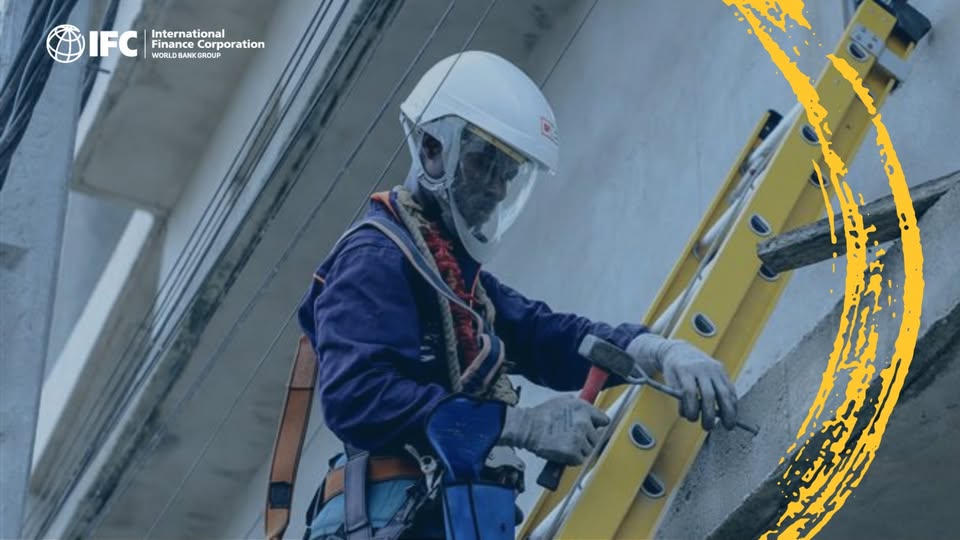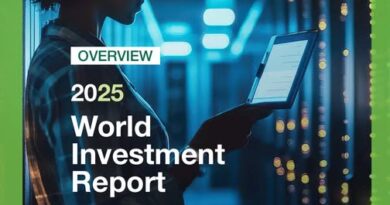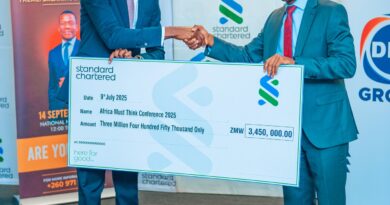IFC Rallies Investors to Back Africa’s Energy Sector for Growth and Job Creation
The International Finance Corporation (IFC) is calling on global investors to seize emerging opportunities in Africa’s energy transformation, noting that unlocking private capital could be the game-changer the continent needs to close its electricity gap and drive job creation.
In a new statement authored by Don Purka, Mission 300 Lead at the IFC, the institution emphasized the urgency of bridging Africa’s energy access gap, which currently leaves over 600 million people without reliable power. Purka warned that unless this challenge is addressed, the continent risks stalling economic progress and failing to absorb its growing workforce.
“Africa is on the brink of a demographic shift, with 362 million people expected to reach working age within the next decade,” Purka wrote. “Without significant energy access expansion, nearly a quarter of them may struggle to find employment.”
According to the IFC, Africa’s energy sector has the potential to generate 7.4 million direct jobs by 2030. However, this transformation requires an estimated $40 billion to deliver last-mile energy access. Public funding alone cannot meet this need, making private sector investment essential.
Within this challenge lies an attractive market: a $193 billion private investment opportunity through 2031. The IFC urged institutional investors, who control trillions in assets, to consider the long-term growth prospects of Africa’s energy markets.
Examples from countries like Kenya and Nigeria highlight the sector’s potential. In Kenya, solar companies already employ six times more workers than the country’s largest utility. Nigeria’s renewable energy sector now rivals the oil and gas industry in job creation, employing an estimated 50,000 people.
Through its Mission 300 initiative, launched in partnership with the World Bank Group and African Development Bank, the IFC aims to provide electricity to 300 million people in Sub-Saharan Africa by 2030. This collaborative platform is designed to unlock private sector funding by addressing critical barriers such as foreign exchange risks, limited access to equity, and outdated investment frameworks.
Among the IFC’s interventions:
- A fully local currency loan facility of $80 million, arranged with Stanbic IBTC Bank, for Sun King to scale off-grid solar in Nigeria.
- A $250 million fund, DARES, to finance solar mini-grids, beginning with Husk Power Systems Nigeria.
- Equity investments through the new Zafiri platform to scale distributed renewable energy companies.
- Securitization vehicles to make African energy projects more accessible to global investors.
“These innovations are designed not only to de-risk investment but also to open new pathways for sustainable infrastructure growth across the continent,” Purka said.
The IFC reiterated that private investment in energy is not merely a philanthropic gesture, it is a sound business decision with transformative economic and social outcomes.



